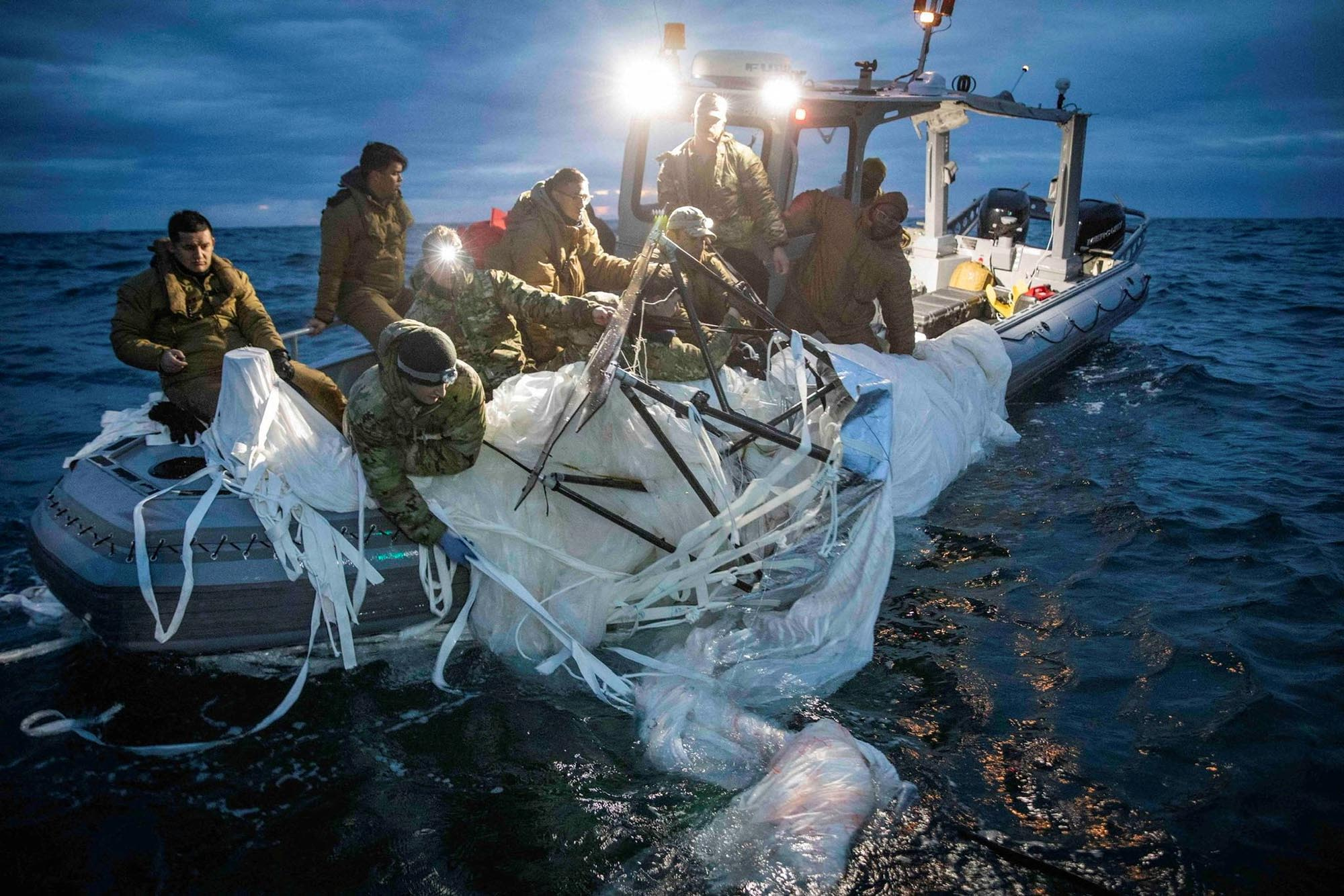Revisiting the Second Libyan Civil War
By Alan Cai · Cogito XIV ·In late 2020, the end of the Second Libyan Civil War inspired me to write my first Cogito article, titled “Libya’s Civil War and the Use of Mercenaries is a Warning for Future Conflicts.” Over two years ago, I focused on the topic of foreign involvement/aid to Libya and the rise of mercenary armies operating in conflict zones. As I return to my article, many of the issues around mercenaries/militias that I previously focused on have become far more pressing and established, not only in Libya, but also around the world. With hopes for a peace settlement dashed, the civil war continues as tensions increase again between warring factions and militias.
Foremost, hired mercenaries, a ubiquitous sight during the Second Libyan Civil War, have become far more prominent on the international stage, especially after the Wagner Group, a Russian-run Private Military Company that has close ties to Putin, captured international attention for its actions in Ukraine. Long before Russia invaded Ukraine, Wagner was already operating in the Libyan Civil War by propping up the Libyan National Army (LNA). Wagner, deployed by Putin to support his ally, the authoritarian warlord Khalifa Haftar, fought with the LNA around Tripoli, during Haftar’s final offensive to seize all of Libya. Today, Wagner is strongly involved in the war in Ukraine. In the Ukrainian-held city of Bakhmut, mercenaries that are sanctioned but not directly controlled by the Russian government have been accused of war crimes during their bloody assault of the municipality. Similar to the events in Libya, these mercenaries are now helping to prop up the stalling Russian assault in Ukraine, just like how they propped up the LNA’s disastrous offensive against Tripoli during the Second Libyan Civil War.
In my previous article, I also touched upon the foreign nations who supported both sides of the Libyan Civil War. Countries such as Qatar, the United Arab Emirates, Turkey, Russia, and Egypt invested millions into providing military and financial support to their respective sides of the civil war, generally backing them due to mutual interests or seeing economic, and political incentives. Today, as tensions flare in Libya, foreign polities are continuing to take sides, even as frontlines and allegiances shift. In 2020, the LNA and Haftar-aligned House of Representatives (HoR) suffered a disastrous defeat during their offensive to finish off the Government of National Accord (GNA) in the battle for western Libya, which focused on capturing Tripoli from the GNA. However, Haftar’s plan completely backfired, and his authoritarian regime went on the defensive, as the GNA advanced across western Libya, and moved towards the central coastal city of Sirte. Even so, a stalemate ensued, with foreign backers such as Egypt propping up the LNA, and preventing Sirte from falling. This would lead to the formation of a compromise between the GNA and the LNA, and a new unity government was formed by mutual agreement of the GNA and HoR/LNA.
After only a few months, the new government lost the support of Haftar and the HoR during a no-confidence vote that overthrew the new Government of National Unity (GNU). This vote was denounced by Libya’s High Council of State, the upper house of Libya’s parliament. Nonetheless, this did not stop the HoR from voting to back a new government called the Government of National Stability (GNS), under the reasoning that the former government had failed to hold elections. These planned elections were originally postponed due to the political situation in Libya, as well as heavy political deadlock over a new election bill that was presented by Aguila Saleh, the head of the HoR. This election bill was widely seen as favoring Haftar, and his presidential bid, and was rejected by the High Council of State. After the new GNU government was formed, it quickly gained the support of the warlord Haftar and his LNA, and was headed by a former Interior Minister of the GNA, who once was one of the most recognizable fighters against the LNA and Haftar. Ironically, he has now become a strong ally of Haftar and the LNA.
These new fault lines have completely shifted the map of alliances and militias. For example, former GNA-aligned groups that had vigorously fought the LNA, and took numerous casualties, a few months prior, such as the Al-Nawasi Brigade, switched sides and joined the GNS. Several foreign backers have also switched sides, reconnoitering each side, and supporting the faction that will benefit them the most. For example, the UAE, previously an ardent supporter of the LNA, switched their support from the LNA to the LNA’s new opponent, the GNU. At the same time, countries such as Qatar have made overtures to the LNA-backed GNS, a significant shift in Qatar’s former policy of backing the LNA’s former enemy, the GNA, through diplomatic and financial support. Libya has grown accustomed to war, and even as militias change their alignment for financial reasons and legal protection, the people of Libya still suffer. In reality, this is simply another civil war between the countless rival governments that have divided up Libya since the fall of Gaddafi. It is only more suffering for Libya after multitudes of warfare and destruction. The shifting of allegiances only shows how destructive the militias and power brokers have been to Libya. Since the fall of Gaddafi, thousands have died, and the Libyan economy has suffered from high levels of inflation, loss of oil revenue, and decreased economic competitiveness on the world stage. Libya’s militias and warlords have no regard for their country or promoting a stable and thriving Libya. Instead, they switch sides based on who can give them the most power, support, and wealth. Whether GNA vs. LNA/HoR or GNU vs. GNS, the acronyms matter little. Without an end in sight despite shifting alliances and acronyms, one constant remains: powerful brokers on both sides fighting without regard for the suffering endured by everyday Libyans. The dreams of the millions of young men and women, who liberated their country from the unyielding grip of Gaddafi, have been crushed and forgotten amidst the neverending warfare waged by Libya’s powerful militias and warlords only looking out for their own interests.





